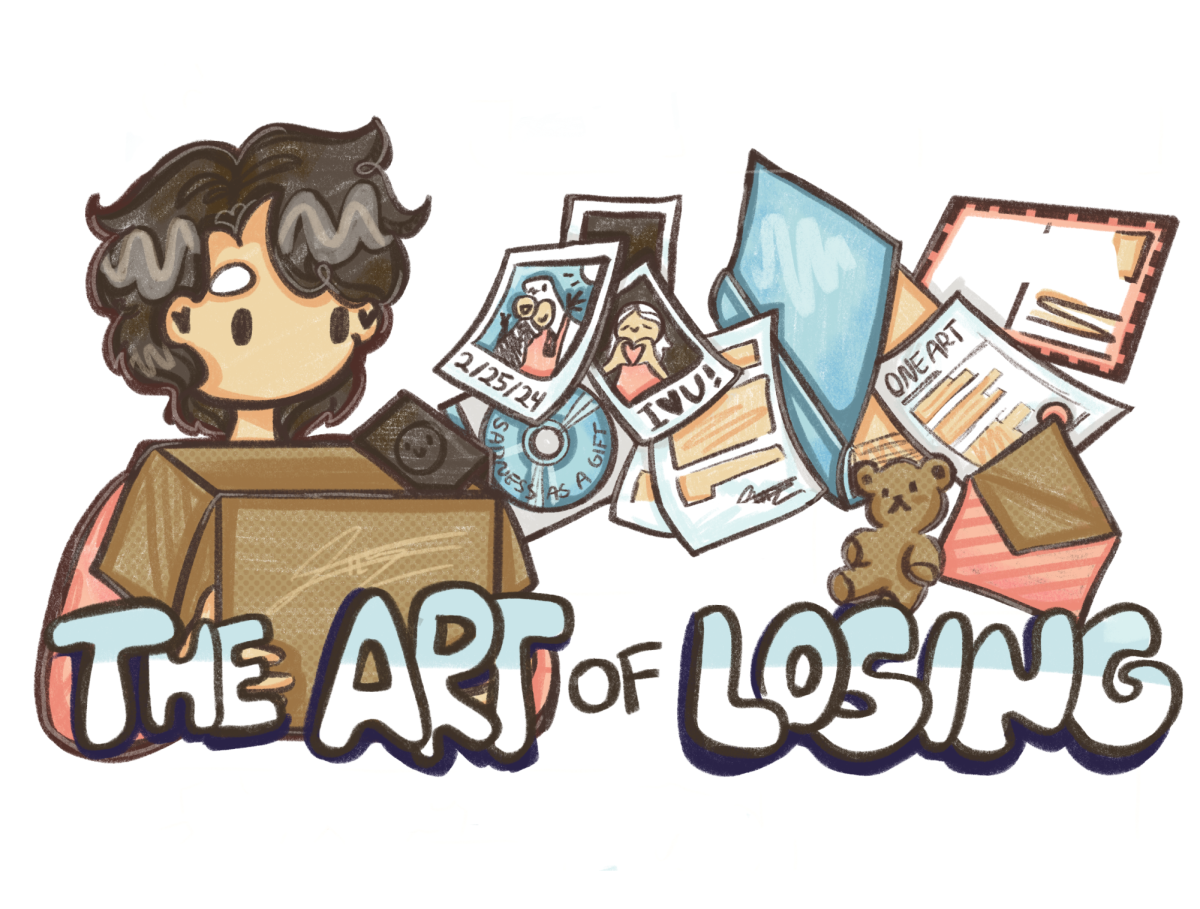Schadenfreude, the derivation of pleasure from the misfortune of others, is embedded in human culture. The term arose from the two German words, “schaden” and “freude,” which translate to malice and joy respectively. People laugh at videos depicting others falling down and getting injured. Friends tease one another when they mess up on a test. Even in the classroom, students make jokes about tragic historical events.
“I’ve had students react inappropriately to, for example, a study or an event like a genocide or a conflict in a war,” social science teacher Cody Owens said. “I don’t know if it was more of a matter of maturity or if they have some kind of malicious intent. But I’ve had students acting in an immature way to that sort of content.”
Like Owens, sophomore Gloria Ma believes that it’s immature to react with humor to serious or tragic topics. However, she often laughs simply because she can’t think of any other way to behave when encountering these subjects.
“I always laugh because I feel awkward and I don’t know how else to react,” Ma said. “I know it’s wrong, but it just happens because I don’t know what else to do.”
While he doesn’t approve of laughing at serious topics, Owens acknowledges that there are some situations in which it is okay to react with amusement to others’ misfortune.
“Some people will be happy that Tom Brady lost the Super Bowl,” Owens said. “That’s [unfortunate] for him, but a lot of people are happy to see the New England Patriots lose. It’s all situational.”
Similarly, sophomore David Hui believes that it’s justified to make fun of other people’s misfortune in certain situations. While he acknowledges that it is rude to directly insult a stranger about their missteps, Hui regularly reacts in such a way to his friends’ mistakes. For him, it is okay as long as such comments reflect a joking attitude rather than malicious intent.
“It was more like, ‘Haha you failed,’ [rather than] ‘Haha you are a failure,’” Hui said. “It’s just like ‘You took an L.’ Some of them are just everyday fails.”
Hui’s attitude is met reciprocally with his friends’ taunts and jeers toward his own failures. However, given the possibility for his snarky comments to go too far, Hui tries to establish boundaries so that he doesn’t end up hurting his friendships.
“You know [you regret saying something] once your friend starts feeling pouty or s—ty or gives you attitude,” Hui said. “You know, ‘Oh crap. I did something bad.’”
Ma also has had times where she regretted laughing. In fact, while laughing is meant to be her solution to an awkward situation, it has occasionally made the situation even more awkward by singling her out and making it seem as though she didn’t care.
Hui has had similar experiences, which have made him feel that laughing at other people’s misfortune is okay as long as he draws boundaries for himself.
“Even among close friends, there is always a limit,” Hui said. “There are certain lines you can’t cross, like personal things, but if it’s like taking an L on a test, it’s Monta Vista High. Everyone takes an L on a test. So with things like that, I guess it’s okay.”
Owens emphasizes that reacting with pleasure to the misfortune of others often reflects a person’s underlying motivations and thoughts. For example, he likens people’s support for certain sports teams to a form of tribalism, in which people want to see their own tribe be successful. He also believes that making fun of others’ misfortune can make people feel better about themselves.
“If you see somebody fail at a task, it can make you feel better about your lack of accomplishment or make you feel comfortable with instances where you failed,” Owens said. “Some people have malice towards others and they don’t want to see them do well. I think there’s the instinct of jealousy. Some people get jealous of other people’s fortune and want to see it taken away. It depends on the scenario, but there are a lot of people who wish misfortune on others.”























